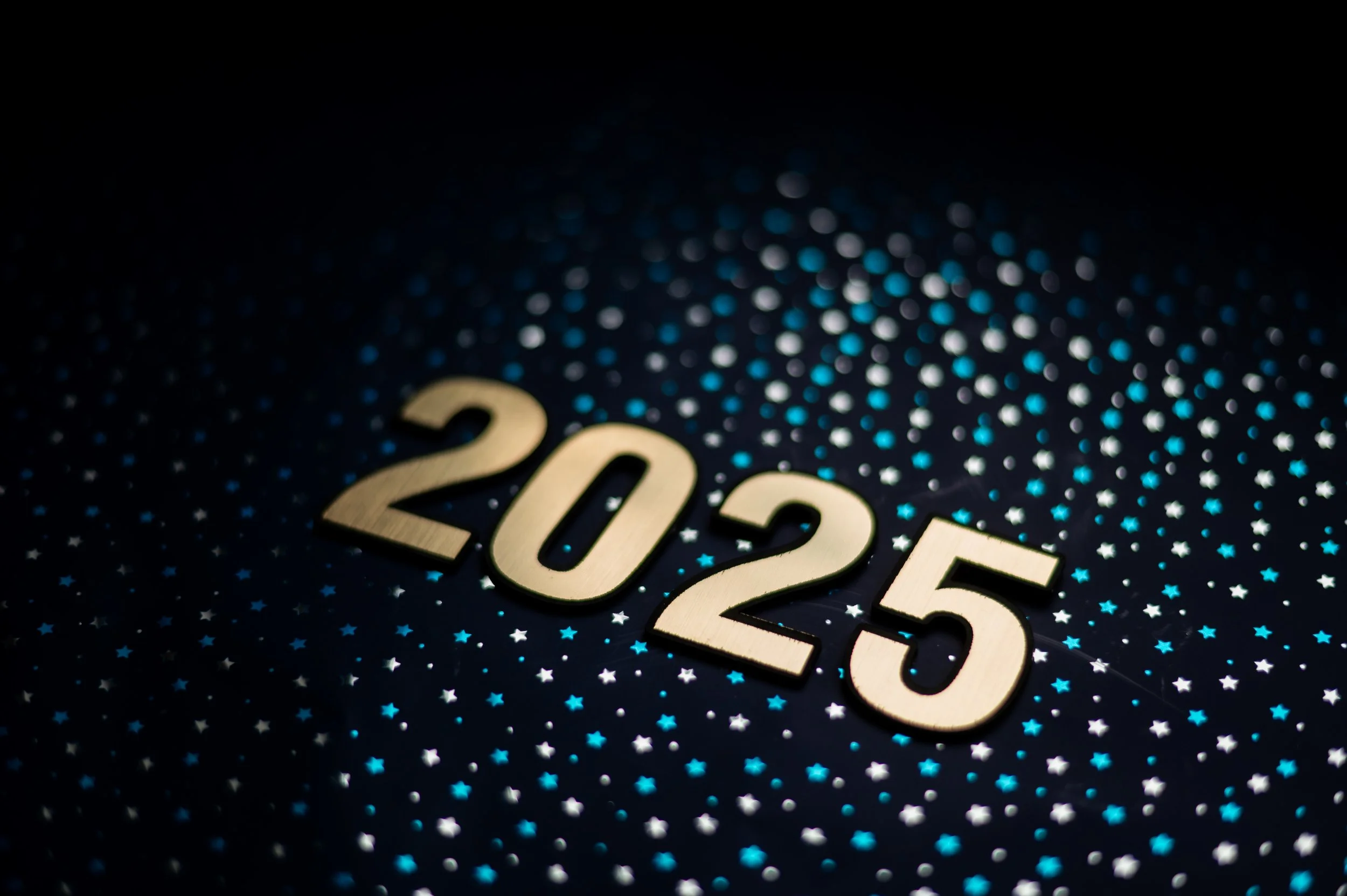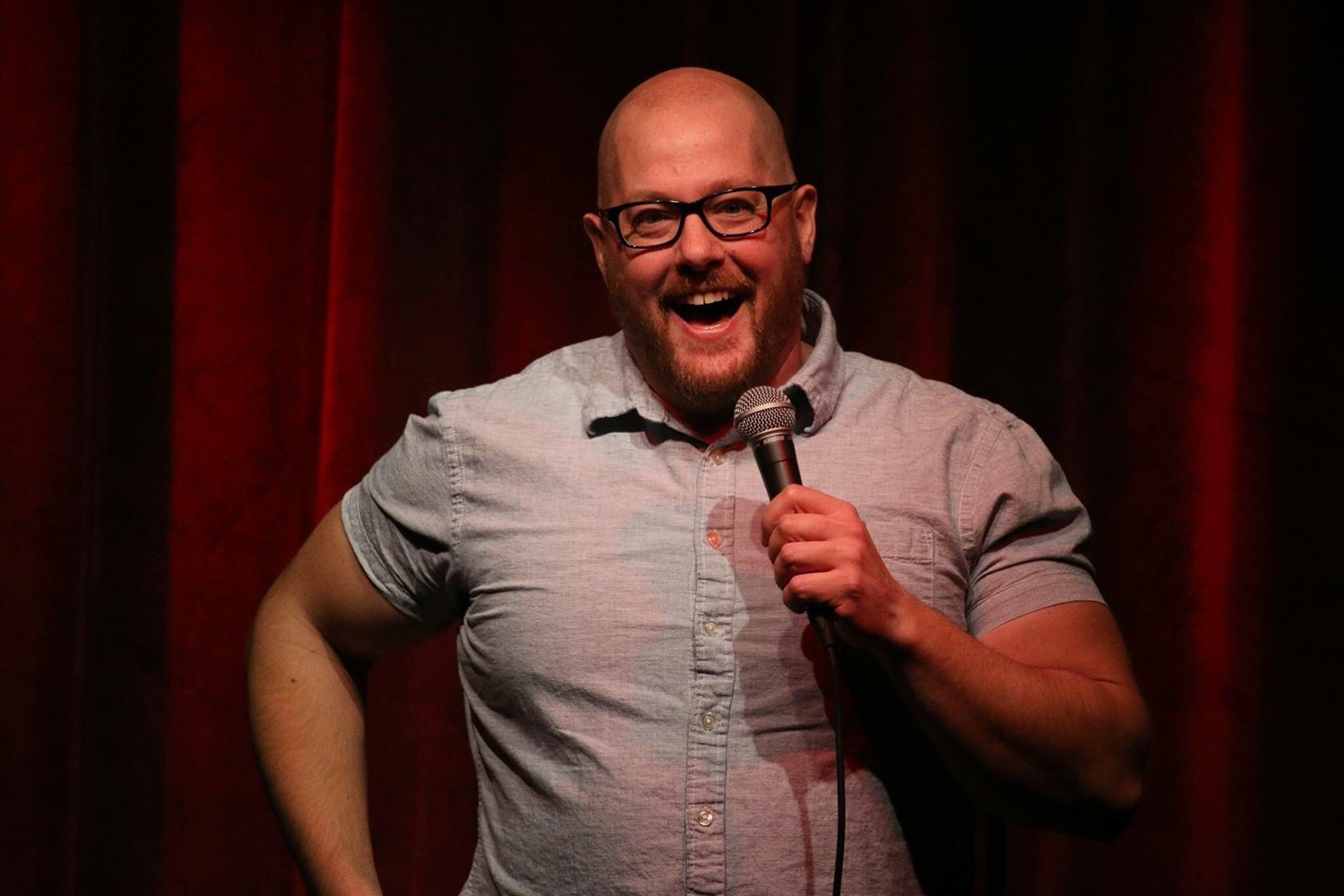Thousands of business books are published each year. Some are worthless, others have merit, fewer still have lasting value, but a handful possess the ability to transform your business (and possibly, your life).
Yet with today’s busy and demanding schedules, do you feel you don’t devote enough time to reading and absorbing new ideas? Then this show is for you. Ed and Ron will explore the best business books ever written, selecting their favorite all-time business books.
Ed and Ron discussed four of their all-time favorite business books. Stay tuned for further shows in this series where we will share more of our favorites.
Ron believes Stanley Marcus is the true grandfather of the customer service revolution. This is the single best book ever written on customer service, and the autobiography of a remarkable man who had a remarkable life.
“There is never a good sale for Neiman Marcus unless it’s a good buy for the customer.” Herbert Marcus, 1926, to Stanley Marcus on his first day working at the store.
Neiman Marcus (NM) was established (September 8, 1907) as a result of the bad judgment of its founders, Herbert Marcus, his younger sister, Carrie Marcus Neiman, and her husband, Al Neiman.
They established a sales promotion business in Atlanta, GA, and received two offers to sell out, one for $25,000 and the other for an exclusive franchise for the state of Missouri or Kansas for a relatively new product called Coca-Cola.
Stanley Marcus’s innovations:
First weekly fashion shows/bridal fashion shows
His and Her Xmas Gifts
Christmas Catalog
Fortnight (themes) to overcome October bus lag!
Personalized gift wrapping
Stanley took over store in 1950, after death of his father.
Women’s Wear Daily hung “the melancholy Plato of retailing” label on him.
People liked what they didn’t find at NM. Stanley wrote:
It’s up to management to decide, not whether the article will sell, but whether it should be sold.
Another excellent book on Marcus is Stanley Marcus: The Relentless Reign of a Merchant Prince, by Thomas E. Alexander.
Stanley wrote four books during his lifetime but this one of the only ones I've seen written about him by an insider, Thomas E. Alexander, who met Stanley in 1965 and served nearly 20 years as his Executive Vice President of Marketing.
This was an incredibly demanding job, since Marcus was the consummate marketer, and many previous men failed at in this role.
Alexander gives you an insider's view of the famous Neiman Marcus Fortnights, a Dallas institution until they were discontinued in 1986.
Many of the pictures come from the Stanley Marcus Collection at South Methodist University, DeGolyer Library.
You'll read about the first out-of-state store in Bal Harbour, Florida, opened in January 1971, and also the controversy of the San Francisco store opening at Union Square. Herb Caen was an incredible critic of Neiman Marcus opening there, and the irony was that Stanely Marcus was farther to the left than Caen ever dreamed of being.
One very amusing anecdote about Marcus are the two things that exceeded his expectations, which were very high. One was Sophia Loren, and the other was the Bohemian Grove in San Francisco.
Another is the story of Marcus's falling out with the world famous architect, Frank Lloyd Wright. Upon hiring another architect and Wright seeing his drawings, sends Marcus a letter and under his signature writes, "Looks to me like you dropped big money to pick up small change."
In the final chapter, "Saying Goodbye," Alexander tells of Marcus, age 95, reflecting: "Without change, there is no challenge, and without challenge there is only the status quo but no progress." Wise words.
Other books by Stanley Marcus
Ed’s Summary:
Halo Effect: the tendency to look at a company’s overall performance and make attributions about its culture, leadership, value, and more.
Business books: scientific rigor or storytelling?
Do business questions lend to scientific investigations? Rosenzweig says, in many instances, yes. He believes there’s no need to veer between extremes: humanities and science.
We have no satisfactory theory of effective leadership that is independent of performance
Does strong financial performance creates employee satisfaction, or vice versa?
We yearn to find out how we can avoid the seemingly inevitable fate of decline and death.
Nothing recedes like success.
The book really debunks the work of Jim Collins, especially his book Good to Great.
Physics envy: we can predict the movement of planets, so why not the performance of companies?
Collins book offered a picture of business somewhere between Norman Rockwell and Mister Rogers
In 1987, as mentioned before, H. Thomas Johnson and Robert S. Kaplan published Relevance Lost: The Rise and Fall of Management Accounting, which was named in 1997 one of the 14 most influential management books to appear in the first 75 years of Harvard Business Review’s history.
The book is credited with launching the activity-based costing revolution. Yet, these two thinkers have gone down very different paths since then: Kaplan going on to pioneering work in the field of performance measurement, creating the Balanced Scorecard, and Johnson moving on to what he calls “management by means.”
In fact, they are now feuding with each other, and have not spoken in years.
Johnson’s book Profit Beyond Measure is a seminal work, although not yet fully developed. And while I have severe misgivings about some of his environmental rants in the book, when he profiles Toyota and Scania—the latter now owned by Volvo—as two manufacturers that do not have a standard cost accounting system, he is on firm ground.
It is hard to argue with results, and Toyota is one of the most respected companies in the world, and has produced one of the highest-quality products at the lowest cost in the industry for years, dating back to 1926 when it started as a weaving machinery manufacturer.
As Glenn Uminger, a financial controller at Toyota Motor Manufacturing-Kentucky (TMM-K)—which Johnson studies in depth in his book—since 1988, says, “TMM-K has never had a standard cost system to track operating costs, and we probably never will.”
So how do they do it? How can a manufacturing company run without a standard cost accounting system? Toyota understands price drives costs, not the other way around. Here is how Johnson explains it in his book, Profit Beyond Measure:
None of these comments is meant to imply that Toyota does not have accounting and production planning information systems. Of course it does. Toyota has a comprehensive array of information systems, accounting and otherwise, with which to plan, in advance of operations, and to report results of operations after the fact. But information from such systems is not allowed to influence operational decisions.
Toyota management discharges its responsibility for costs not by taking arbitrary steps to manipulate operations, but largely in the vehicle planning stage. During the design stage, long before the first penny has been committed to making a vehicle, Toyota has always placed enormous importance on setting and achieving cost targets. To do so, over the years Toyota has developed a famous technique for target costing. Simply stated, target cost is the maximum cost the company can afford to incur to produce and sell a vehicle and still earn a required profit at the price customers are expected to pay.
Johnson goes on to explain his theory that Toyota operates under “management by means” rather than “management by results.” It is an interesting viewpoint because it views the organization as a living system, based on interdependent relationships, and those are nearly impossible to quantify.
He notes Dr. Edward Deming’s observation that over 97 percent of the events that affect a company’s results are not measurable, while less than 3 percent of what influences final results can be measured:
Because cost and profit are not objects, but are properties that emerge from relationships, quantitative measures can only describe them, they cannot explain them. Quantitative measures, unlike art, music, or the stories and myths that humans fashion with words, cannot convey understanding of the multidimensional patterns that shape the relationships from which results, such as cost and profit, emerge in a living system.
If Andrew Carnegie said, “Watch the costs and the profits will take care of themselves,” Johnson is saying, “Nurture the means. The results will take care of themselves.” Kaplan would say, “Measure the result and the means will take care of themselves,” and I say, “Watch your value, and the profits will take care of themselves.”
Ed shared the ten questions from this book:
Do I feel a vocation to be fully human?
What is my faith in the future?
What do I believe about others?
What am I willing to notice about my world?
When have I experienced good listening?
Am I willing to reclaim time to think?
What is the relationship I want with the earth?
What is my unique contribution to the whole?
When have I experienced working for the common good?
When do I experience the sacred?








